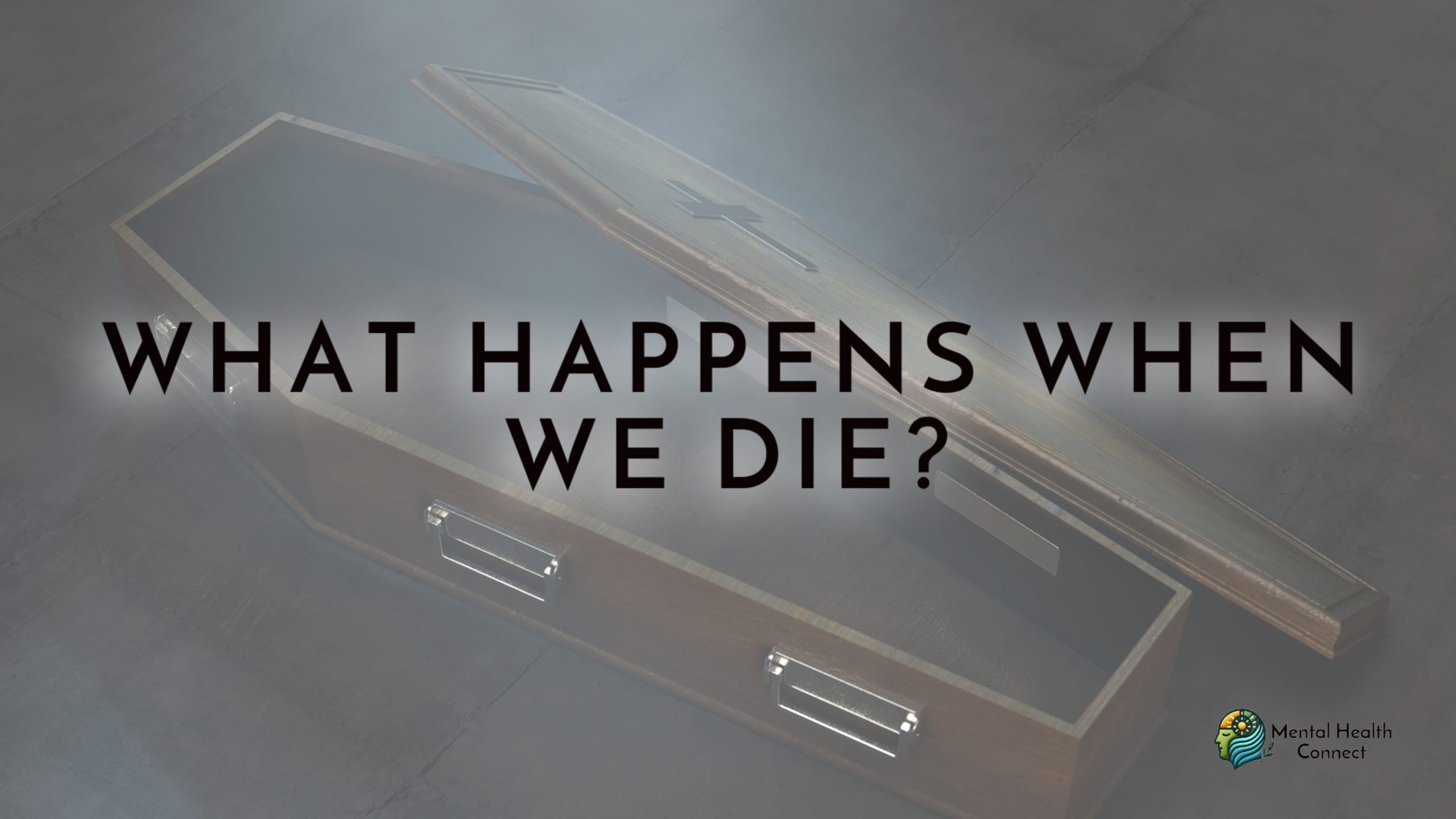The Eternal Question: What Happens When We Die?

Throughout human history, the mystery of death has captivated philosophers, scientists, religious leaders, and ordinary individuals alike. The question of what happens when we die transcends cultural, religious, and scientific boundaries, representing one of the most fundamental inquiries of human existence. In this exploration, we’ll delve into the multifaceted perspectives surrounding death, examining physical, spiritual, and philosophical dimensions of this ultimate human experience.
Understanding Physical Changes: What Happens to Your Body When You Die

When life ceases, a complex series of biological processes begins immediately. Understanding what happens to your body when you die provides insight into the scientific perspective of death:
Immediate Physiological Shutdown
- Cellular death begins within minutes of the heart stopping
- Oxygen deprivation causes brain cells to die rapidly
Decomposition Process
The human body undergoes a remarkable transformation after death. Bacteria and enzymes that once aided digestion now begin breaking down tissues. This process involves:
- Initial autolysis (self-digestion) of cells
- Putrefaction, where bacteria consume soft tissues
- Gradual skeletal remains transformation
Biological Recycling
Scientifically, death represents a form of energy transfer. The human body becomes nutrients for other life forms, participating in a complex ecological cycle of regeneration and renewal.
Spiritual Perspectives: What Happens to Your Soul When You Die

Across different cultural and religious traditions, the concept of a soul offers a metaphysical explanation for consciousness beyond physical existence:
Religious Interpretations
- Christianity: Belief in heaven, hell, and divine judgment
- Hinduism: Concept of reincarnation and karmic cycle
- Buddhism: Transition through various planes of existence
- Islam: Judgment and eternal afterlife based on earthly actions
Philosophical Considerations
Philosophers have long debated the nature of consciousness and its potential continuation after physical death. Some perspectives include:
- Dualistic view: Separation of mind and body
- Materialistic perspective: Consciousness as a product of brain activity
- Transcendental understanding: Soul as an eternal, unchanging essence
What Do You See: Near-Death Experiences and Consciousness

Numerous accounts of near-death experiences provide intriguing glimpses into potential post-death perceptions:
Common Reported Phenomena
- Tunnel of light
- Out-of-body experiences
- Encounters with deceased loved ones
- Sense of profound peace and understanding
Scientific Research
Neurological studies suggest these experiences might result from:
- Oxygen deprivation in the brain
- Release of endorphins during extreme stress
- Complex neural network responses
Psychological and Emotional Dimensions of Death

Beyond physical and spiritual considerations, death profoundly impacts human psychology:
Existential Reflections
- Confronting mortality’s inevitability
- Finding meaning in finite existence
- Processing grief and loss
Coping Mechanisms
Different cultures develop unique approaches to understanding and accepting death:
- Mourning rituals
- Memorialization practices
- Philosophical and spiritual frameworks
Emerging Scientific Perspectives
Modern research continues to challenge and expand our understanding of death:
Quantum Consciousness Theories
Some theoretical physicists propose that consciousness might be a fundamental property of the universe, potentially existing beyond bodily constraints.
Biomedical Advances
Resuscitation technologies are expanding the boundaries between life and death, offering new insights into the transitional moments of human existence.
-
 Can Mindful Porn Use Support Better Mental Health?April 25, 2025
Can Mindful Porn Use Support Better Mental Health?April 25, 2025 -
 Can Marijuana Help with Depression or Make It Worse?April 25, 2025
Can Marijuana Help with Depression or Make It Worse?April 25, 2025

Leave a Reply